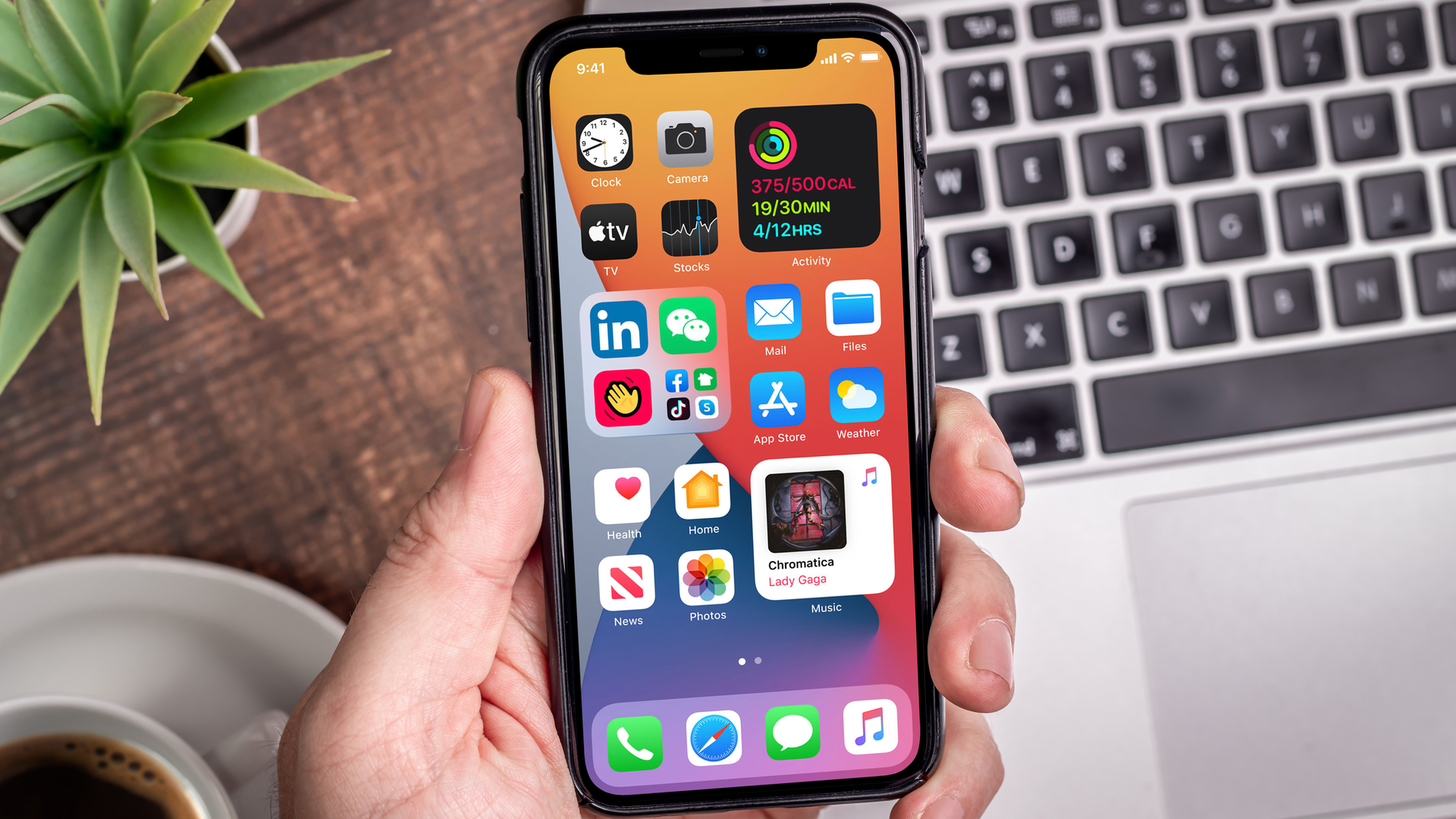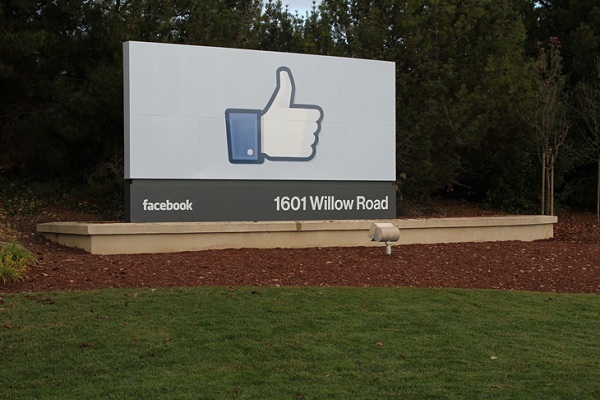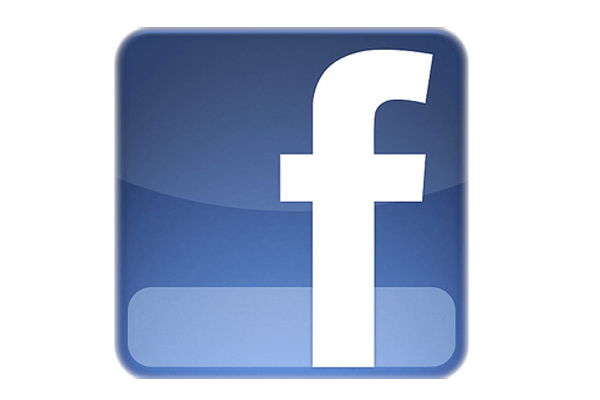Apple delays iOS 14 privacy changes after Facebook pressure
The social network complained that limiting the potential to target iOS users would see developers’ revenues collapse


Apple will push back the introduction of privacy changes set to launch with iOS 14, which would require apps to ask users for permission to collect their data
The privacy-centric feature was set to feature in the next major Apple operating system upgrade, but will now be delayed until early next year to give developers more time to react, according to Reuters. The shift comes after Facebook publicly complained it would harm the revenues of its advertising partners.
The iPhone manufacturer announced the AppTrackingTransparency feature in June, revealing it would require apps to allow users to opt-in for ad tracking and data sharing using Apple’s device identifier. Currently, iPhone users must opt-out of such tracking, but changing the regime would likely mean a huge dropoff in users who can be tracked.
“When enabled, a system prompt will give users the ability to allow or reject that tracking on an app-by-app basis,” Apple said in a statement, according to Reuters. “We want to give developers the time they need to make the necessary changes, and as a result, the requirement to use this tracking permission will go into effect early next year.”
Expected to be released in Autumn this year, iOS 14 will also introduce a host of new features including picture-in-picture, new widgets for the home screen and a new home screen with the App Library.
08/27/20: Facebook warns iOS 14 privacy changes will hurt ad revenues
Facebook has warned its advertising partners and third-party developers that privacy changes set to be introduced by iOS 14 could limit their capacity to target iPhones owners.
The next major iOS update for iPhones is will require apps to ask users for permission to collect and share data using Apple’s device identifier. Facebook, however, claims this change will put the revenue streams of smaller companies that rely on its ad network at risk.
Sign up today and you will receive a free copy of our Future Focus 2025 report - the leading guidance on AI, cybersecurity and other IT challenges as per 700+ senior executives
Apps will be required to obtain users’ permission before gathering data that allows tracking and ad targeting through a pop-up window. The concern, for Facebook and its partners, is that a swathe of users will decline to allow apps to track their data and target them with ads, severely limiting the monetisation potential.
Currently, iPhone users can opt-out of such tracking, but changing the regime to a conscious opt-in will likely mean a huge number of users falling away.
“We expect these changes will disproportionately affect Audience Network given its heavy dependence on app advertising,” Facebook posted in a blog entry. “Like all ad networks on iOS 14, advertiser ability to accurately target and measure their campaigns on Audience Network will be impacted, and as a result publishers should expect their ability to effectively monetize on Audience Network to decrease.”
“Ultimately, despite our best efforts, Apple’s updates may render Audience Network so ineffective on iOS 14 that it may not make sense to offer it on iOS 14.
“We expect less impact to our own advertising business, and we’re committed to supporting advertisers and publishers through these updates.”
Facebook’s public statement slamming Apple’s iOS 14 changes represents another row between the two tech rivals, with both companies at major odds over privacy. Apple, for instance, stripped Facebook of its developers’ license in January 2019 after the social media firm was found to be distributing a research app to children as young as 13.
It also emerged in April 2020 that Facebook had once tried to buy the infamous Pegasus spyware from the Israeli spyware firm NSO Group in order to spy on iOS users. NSO Group only develops surveillance tools for government agencies, but Facebook hoped to acquire usage rights and embed this tool into the now-defunct Onavo Protect app, which purported to be a virtual private network (VPN) tool.
Outlining how it plans to address the privacy changes in iOS 14, Facebook said it would not collect the device identifier for advertisers (IDFA) information used to track data so targeted advertising could be delivered.
Facebook will also release an updated version of its Facebook SDK to comply with the iOS 14 restrictions. This will provide some support for the Apple SKAdNetwork API, which limits the data available to businesses for running and measuring campaigns.
The social media giant will also ask businesses to create a new ad account dedicated to running app install ad campaigns specifically for iOS 14 users, in an effort to limit the impact on the efficacy of app install campaign measurement.
Facebook has called for Apple to reconsider the changes imposed with iOS 14, suggesting a wider consultation is critical to the broader business landscape and development ecosystem.

Keumars Afifi-Sabet is a writer and editor that specialises in public sector, cyber security, and cloud computing. He first joined ITPro as a staff writer in April 2018 and eventually became its Features Editor. Although a regular contributor to other tech sites in the past, these days you will find Keumars on LiveScience, where he runs its Technology section.
-
 Why developers need to sharpen their focus on documentation
Why developers need to sharpen their focus on documentationNews Poor documentation is a leading frustration for developers, research shows, but many are shirking responsibilities – and it's having a huge impact on efficiency.
-
 OpenAI says GPT-5.2-Codex is its ‘most advanced agentic coding model yet’
OpenAI says GPT-5.2-Codex is its ‘most advanced agentic coding model yet’News GPT-5.2 Codex is available immediately for paid ChatGPT users and API access will be rolled out in “coming weeks”
-
 WhatsApp Web release date sees iOS users shunned
WhatsApp Web release date sees iOS users shunnedNews WhatsApp's new desktop messaging service is off-limits to Apple users for now
-
 World Cup 2014 in numbers: Most popular goals and players
World Cup 2014 in numbers: Most popular goals and playersNews World Cup gets social with Facebook, Twitter and Google usage exploding
-
 Facebook to fix email syncing phone bug
Facebook to fix email syncing phone bugNews Social networking site confirms some users may have lost email contacts because of a software glitch.
-
 Facebook flooded with foul images
Facebook flooded with foul imagesNews Facebook says it is looking into user complaints of violent and sexual images on the site.
-
 Microsoft apologises for Hotmail fail
Microsoft apologises for Hotmail failNews Microsoft has said sorry for an issue which led to almost 20,000 Hotmail accounts being emptied.
-
 Google quick to fix Gmail spam exploit
Google quick to fix Gmail spam exploitNews Google has addressed an exploit which tried to send spam to Gmail users if they visited specially-crafted websites.
-
 Facebook Messages: Need to know
Facebook Messages: Need to knowIn-depth Facebook Messages could be a game changer, but what is it and will it really kill off traditional clients like Gmail et al?
-
 Mobile services to hit $1 trillion in revenues
Mobile services to hit $1 trillion in revenuesNews Gartner has said mobility services will be worth more than $1 trillion a year by 2014.